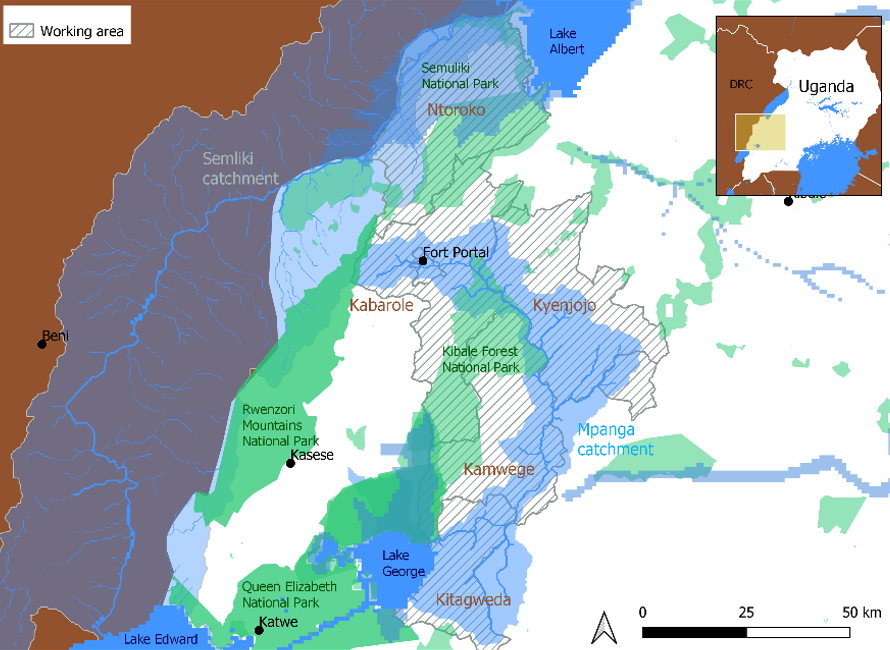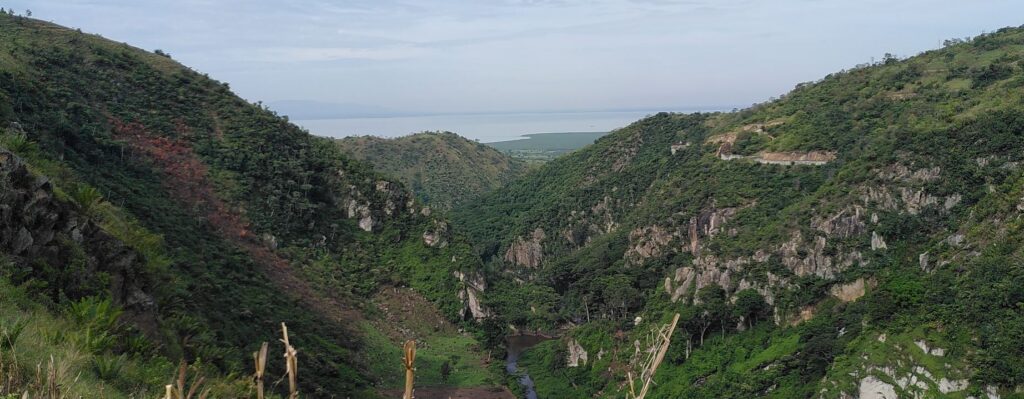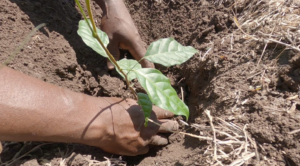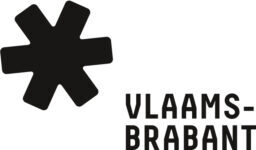Join For Water considers access to water and protection of water rights as a lever for promoting human rights, development, and dignity. Our core approach is connecting ‘human rights’ and ‘resilient ecosystems’.
We combine actions on land restoration, reforestation, and improving biodiversity, with promoting sustainable livelihoods and water-efficient farming techniques, improving access to safe drinking water, ecological toilets, and raising awareness about the role of water in climate resilience with households, students, companies, and local authorities.
Join For Water Uganda at a glance
In 2022-2026 , Join For Water Uganda aims to improve access to drinking water for 18,000 people, involve 23,000 farmers in water-sensitive agricultural practices, and protect over 1,700 ha of freshwater ecosystems.
To achieve these goals, we have already secured €2million; our additional funding target is €500.000.
Country offices: Kampala and Fort Portal; contact info.uganda@joinforwater.ngo
Programme partners: Joint Effort to Save the Environment (JESE) and Natural Resource Defence Initiative (NRDI), Bos+ (with Kyaninga Forest Foundation)
Donors: the Belgian federal development cooperation, Serengeti Energy, Province of Vlaams-Brabant
Current programmes and projects:
- Protecting and conserving water and forest ecosystems in the Mpanga and Semliki catchments (2022-2026), funded by the Belgian government
- Integrated community response to conserve, restore and protect the ecosystem in Mpanga gorge (2020-2022), funded by Serengeti Energy

What we do
Since 2010, Join For Water focusses on improving integrated water resource management in Uganda through pilot projects. These efforts are currently scaled-up by adopting an integrated landscape approach to protect water sources and water-related ecosystems.
Our work focuses on the catchments of the Mpanga and Semliki Rivers. The intervention zones are the districts of Kabarole, Kyenjojo, Kamwege and Kitagwenda (Mpanga) and Ntoroko (Semliki) (see map).
Soil degradation, deforestation, and poor access to water and other water-related ecosystem services are widespread in both catchments due to unsustainable land use practices (crops on steep hills, extensive cattle farming) and increasing population pressure. These issues require integrated solutions.
For example, we collaborate with the utility company Serengeti Energy, which manages a hydro-electric dam on the Mpanga River. We generate synergies through reducing sedimentation in the river and the reservoir, protecting the endemic cycad palm trees in the valley hills, and improving sustainable access to drinking water for communities that live on the hill tops.
Our Uganda strategy
Improving access to water and other ecosystem services
For over 45 years, improving access to safe drinking water is the core of our programmes.
In Uganda, drinking water infrastructure has been built across the Mpanga catchment. Financial and operational sustainability is a priority, and is ensured either through the development of management committees, or by transferring operation to the Mid-Western Umbrella of Water and Sanitation Authority utility.
Under the current programme, we will continue this effort, focussing on a broader range of water-related ecosystem services (like water for irrigation).
Protecting freshwater resources and ecosystems
Worldwide, freshwater resources and ecosystems are under increasing pressure. In Uganda, we protect and strengthen these ecosystems by reforestation of water source zones, demarcating valuable river zones, and implementing solutions for sustainable wetland protection.
We aim to align our activities with regional and national policies. For example, the National Water & Sewerage Corporation in Uganda maintains a fixed contribution to water source protection via the pricing of water, which constitutes an opportunity to develop sustainable mechanisms for ecosystem conservation.
Advocating for regional and national action
Supporting our partners and regional networks are a fundamental part of Join For Water’s strategy to share and exchange insights and innovative solutions. In Uganda, Join For Water is member of UWASNET (the national CSO platform on WASH) where we chair a working group on integrated water resource management.
We will organise expert workshops that facilitate learning across NGOs and authorities on the importance of linking sustainable access to water to ecosystem protection and conservation.
Developing knowledge and know-how
In a collaborative and evidence-based way, we contribute to building knowledge for innovative and sustainable mechanisms to support long-term protection and conservation of freshwater resources, with explicit consideration for people and environment.
We have developed a fully digital monitoring system and work in partnership with universities, including the Mountains of the Moon University in Fort Portal. Dissemination of findings and lessons-learned are crucial from a capacity-building perspective and to share our expertise.
Going beyond
Join For Water works within a framework of 5-year programmes funded by the Belgian government, with additional tailor-made projects in collaboration with consortium partners (NGOs, private companies, foundations, …).
We operate in 9 countries: Belgium, Benin, Burundi, DR Congo, Haiti, Mali, Uganda, Ecuador and Peru, with a programme expenditure of €6,735,309 (2021).
As we maintain a similar strategy for each country, we collaboratively create a common understanding on the interaction between freshwater ecosystems, the benefits they provide to people, and the mechanisms for community involvement in ecological conservation to secure access to water. With our lessons learned, we contribute to the global need and effort to strengthen the socio-ecological resilience of communities and landscapes.
Stories from Uganda








